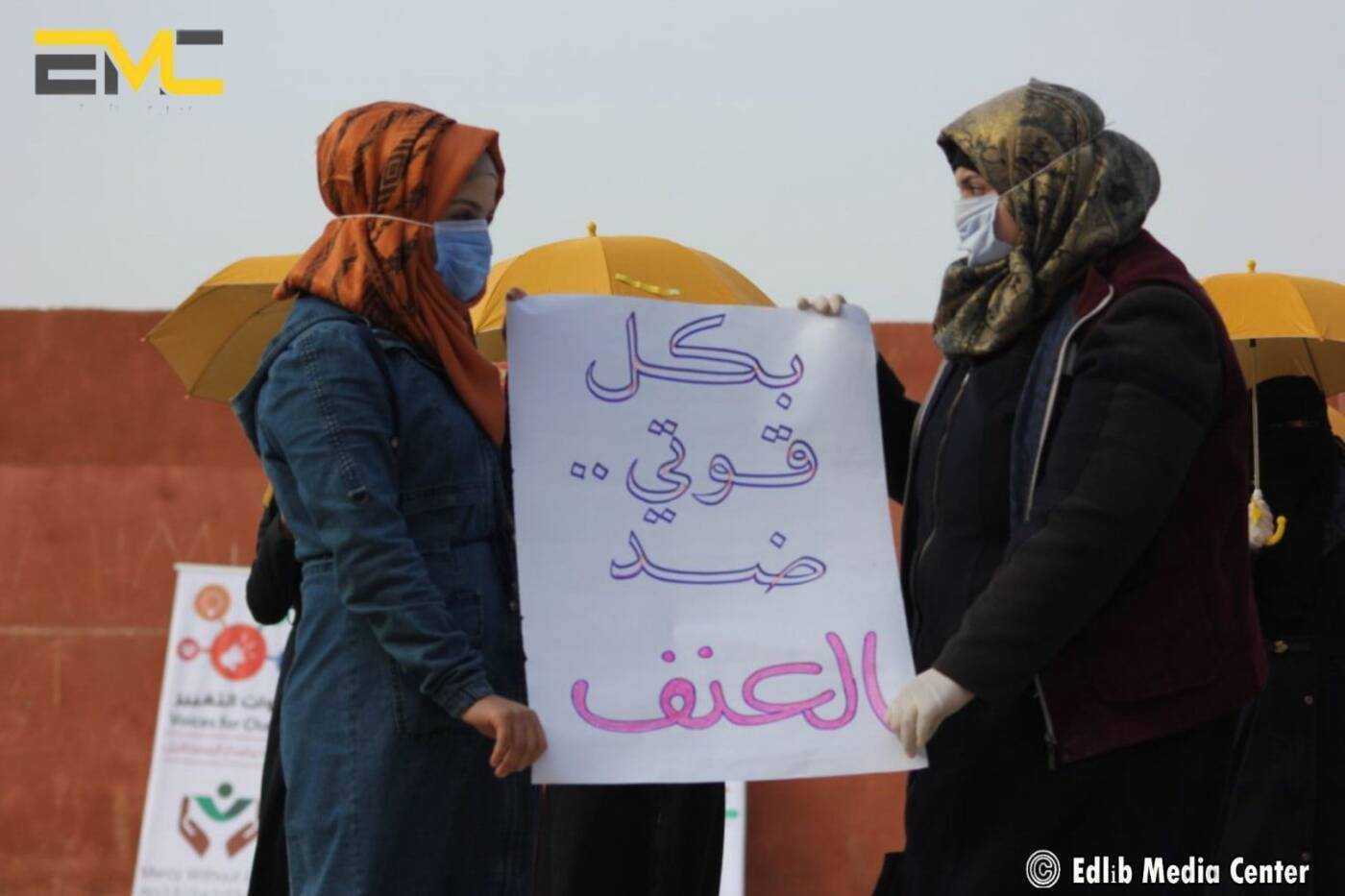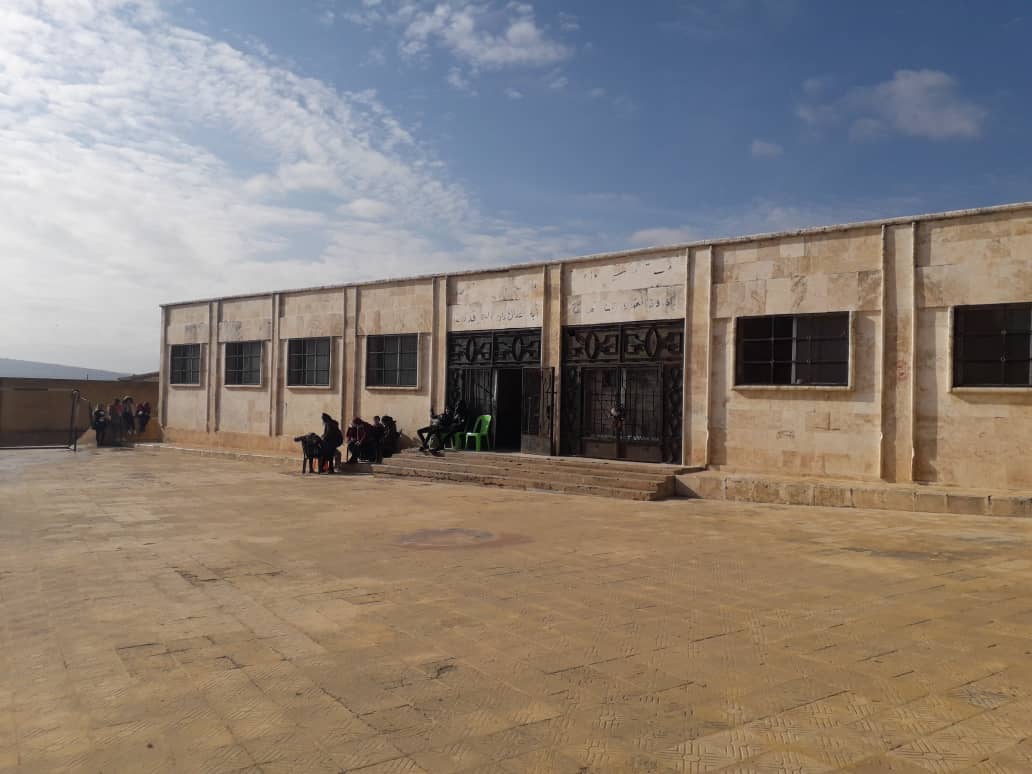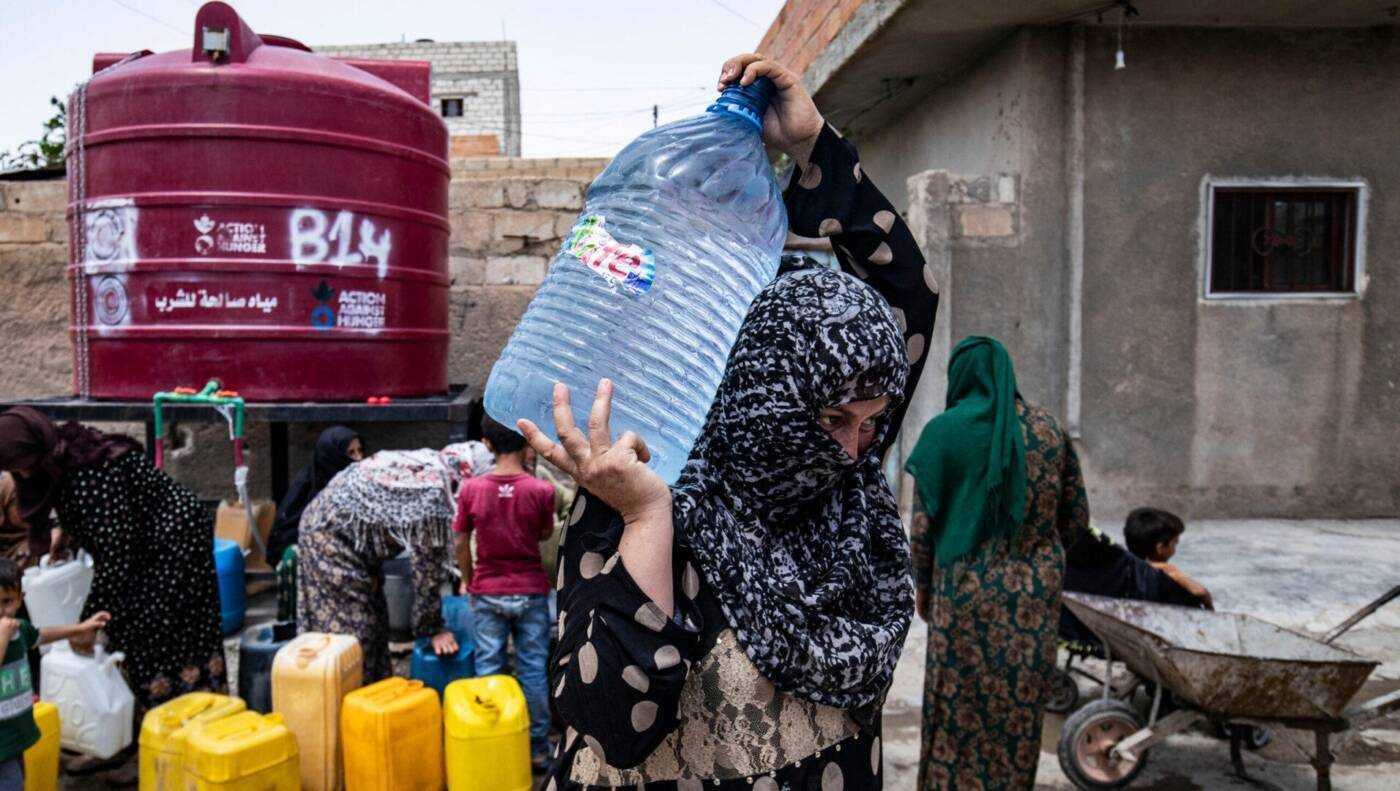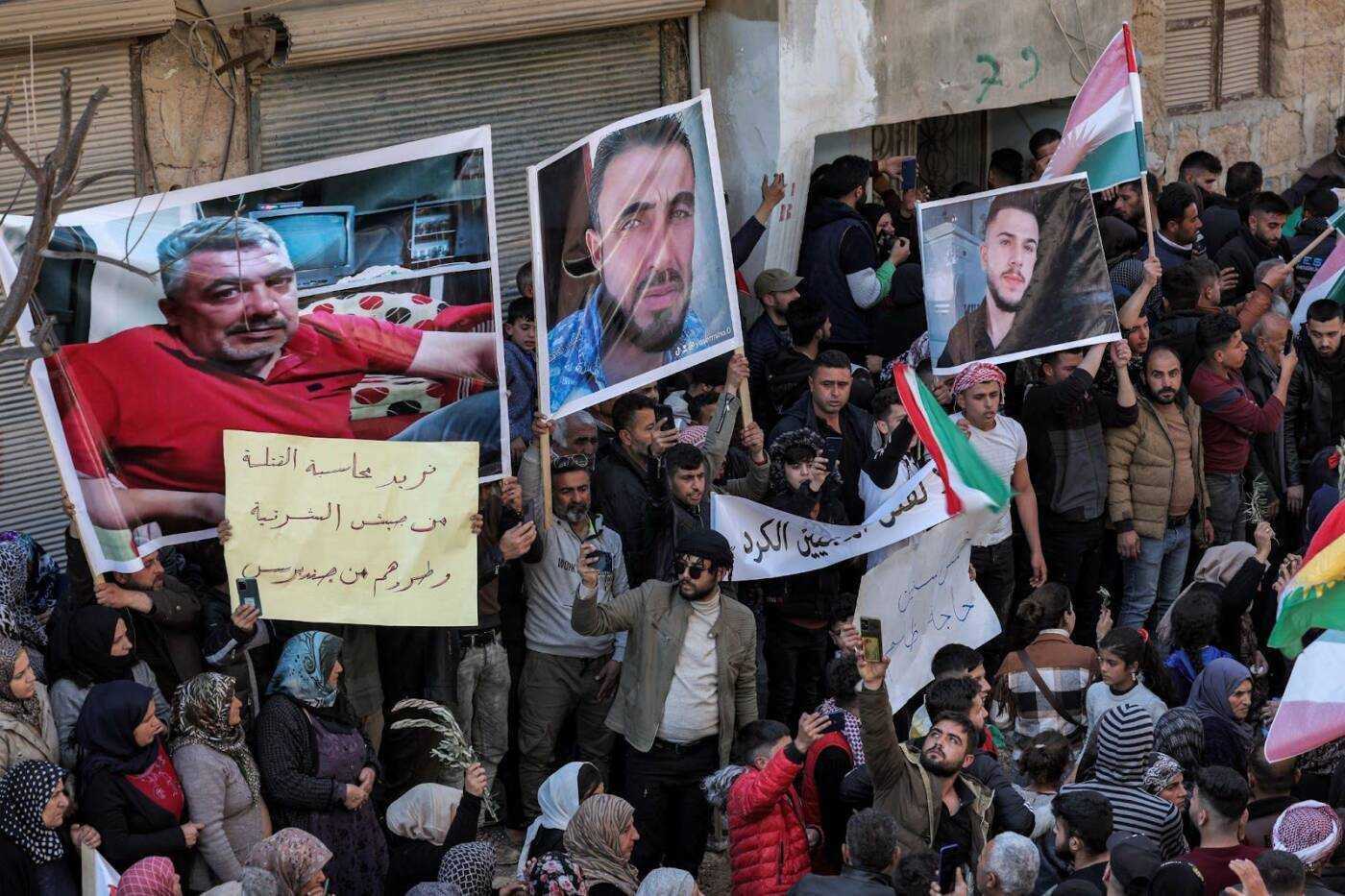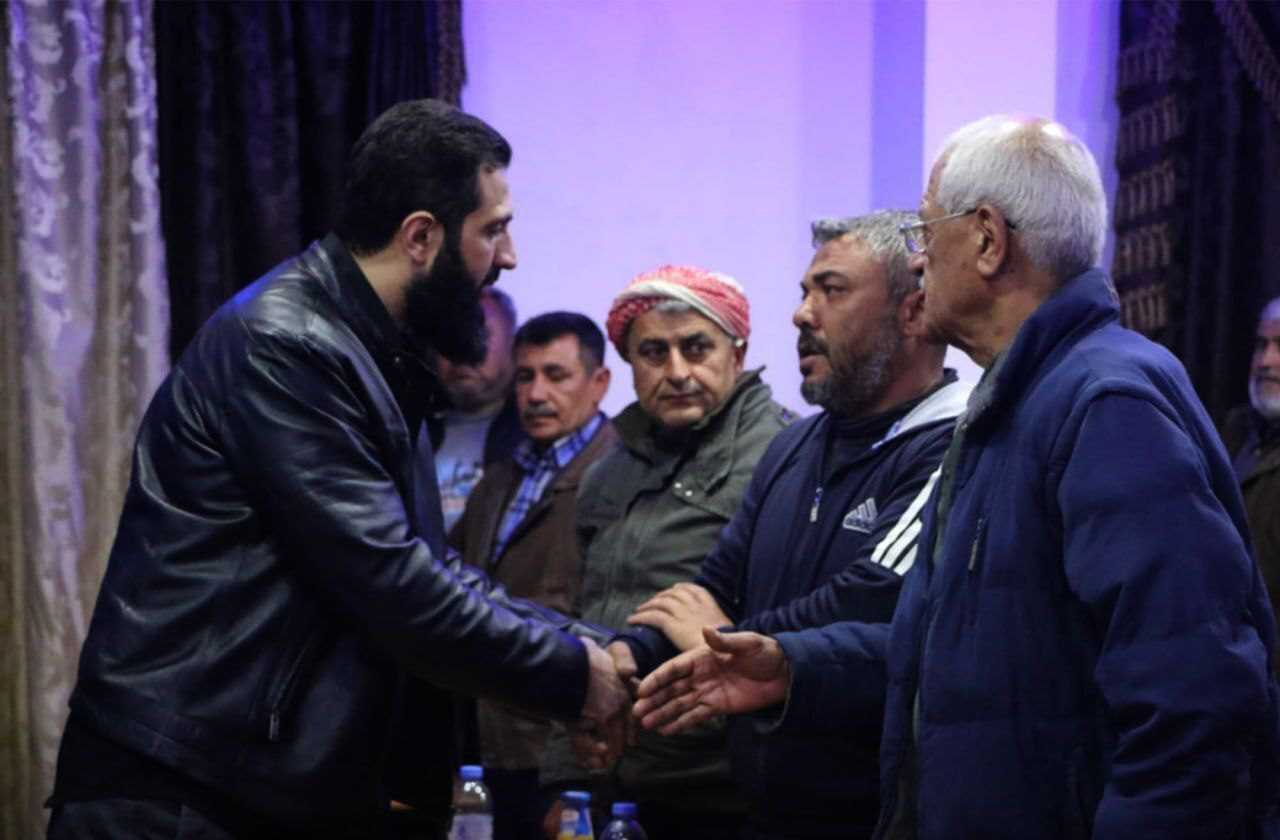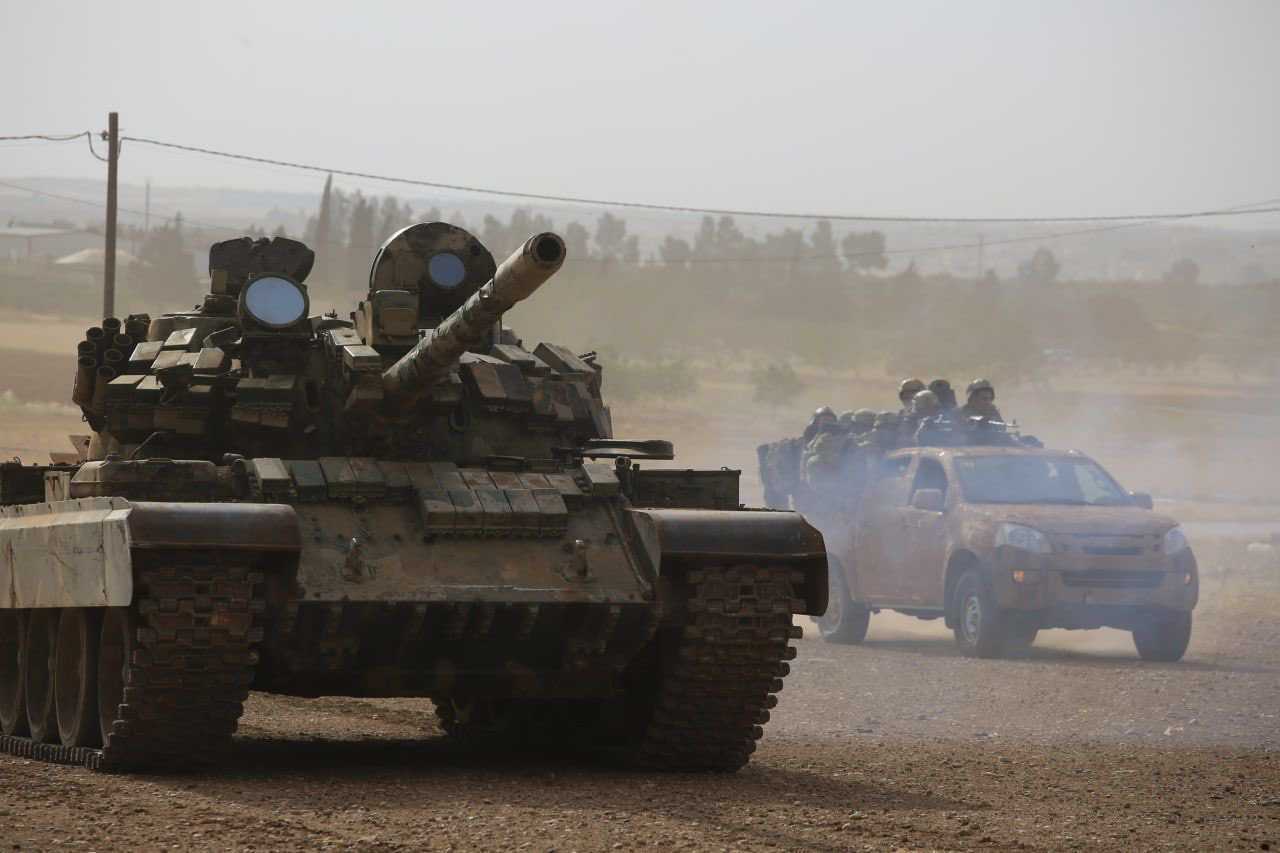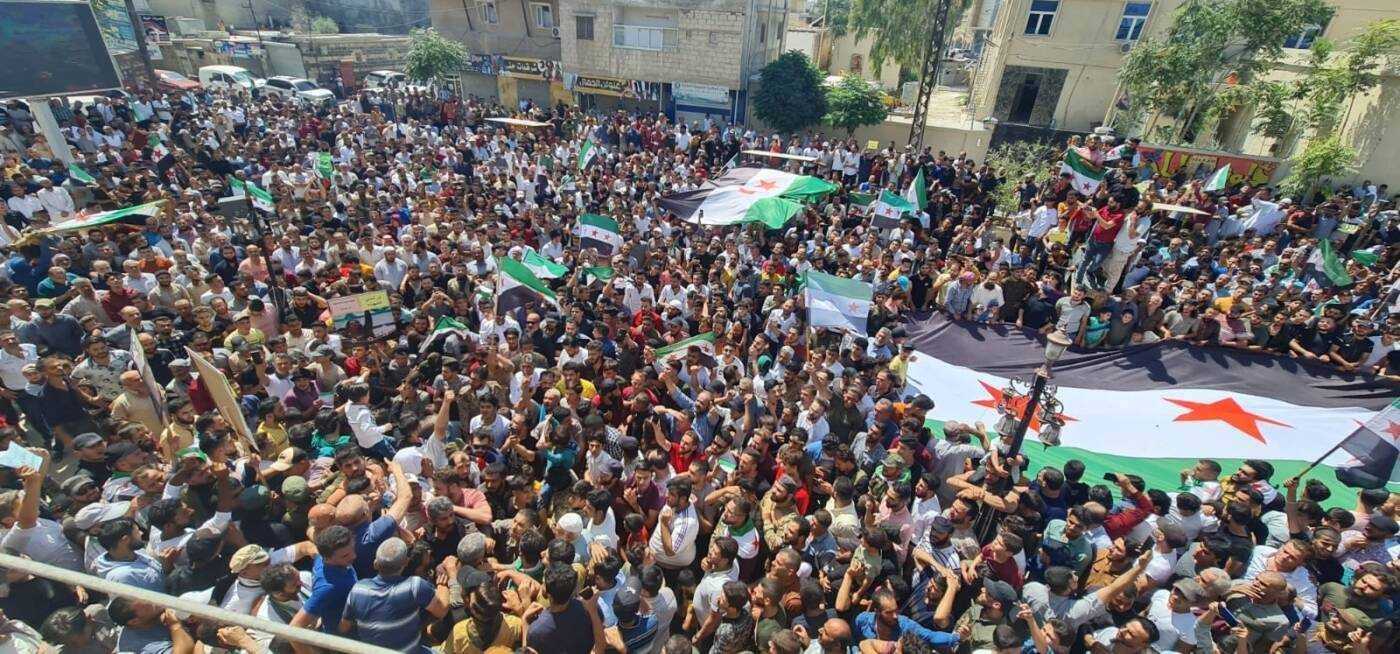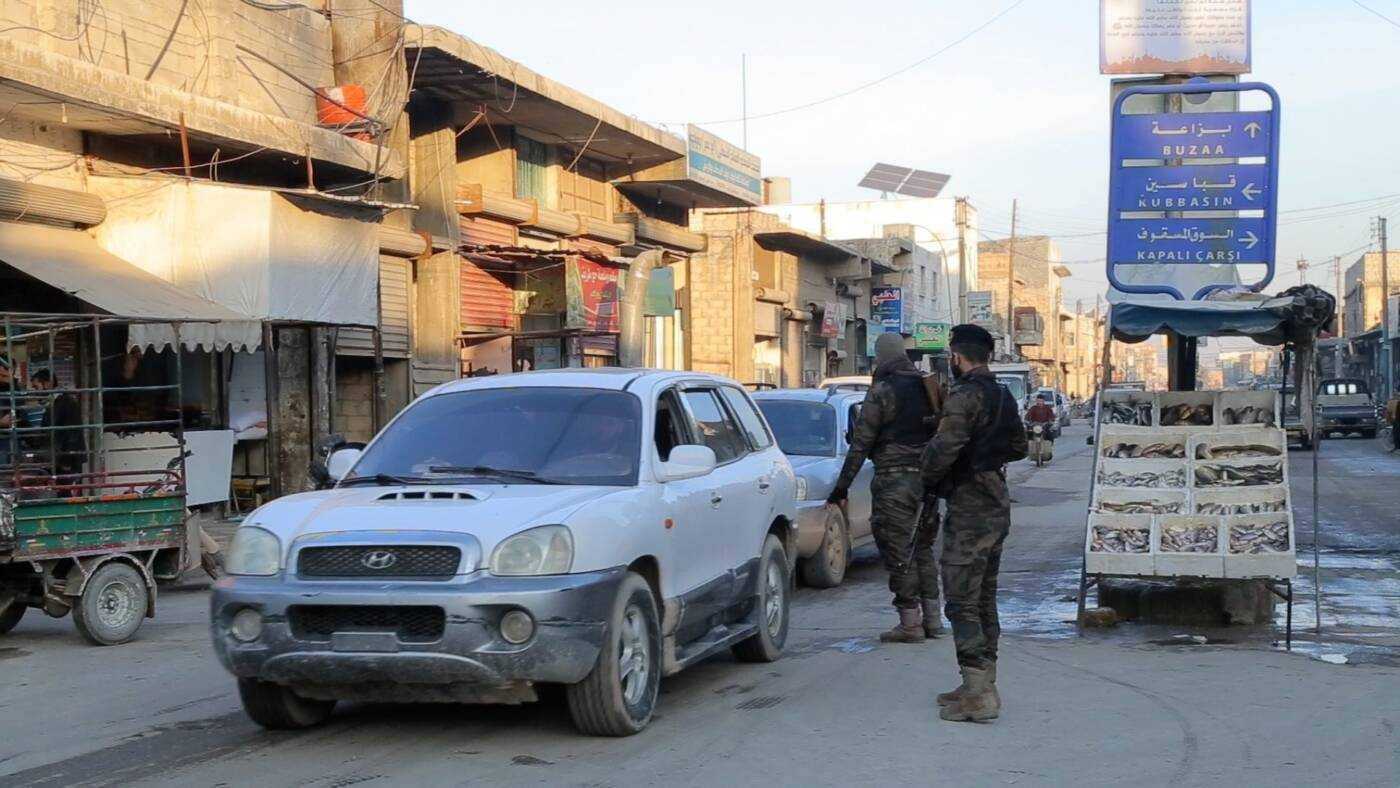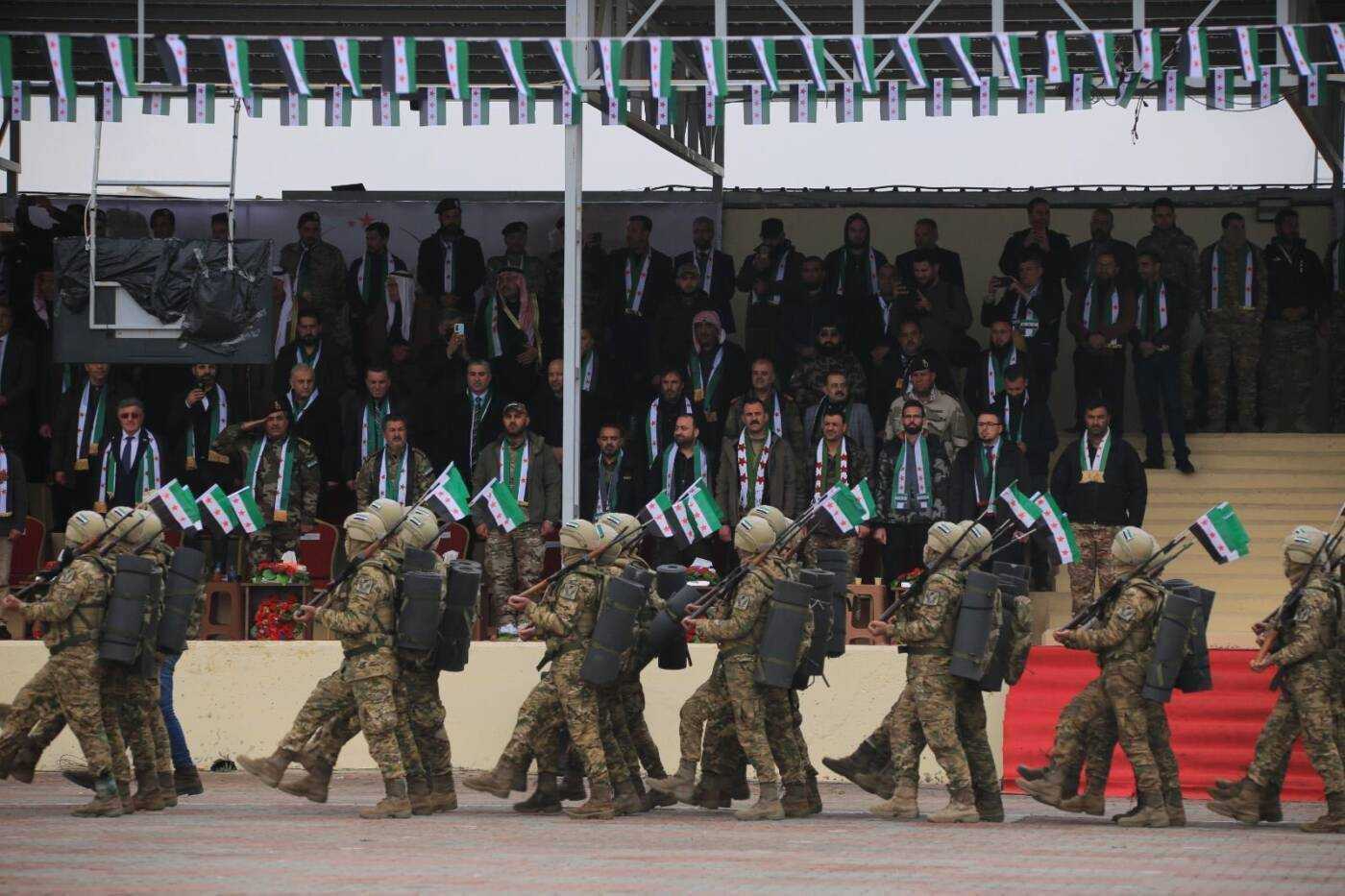‘Today Heba, tomorrow us’: Feminist activist’s hanging casts long shadow
The hanging of Syrian feminist and activist Heba Haj Aref after a long series of threats has cast a long shadow over women activists across northwestern Syria, highlighting the dangers and lack of support they face.

